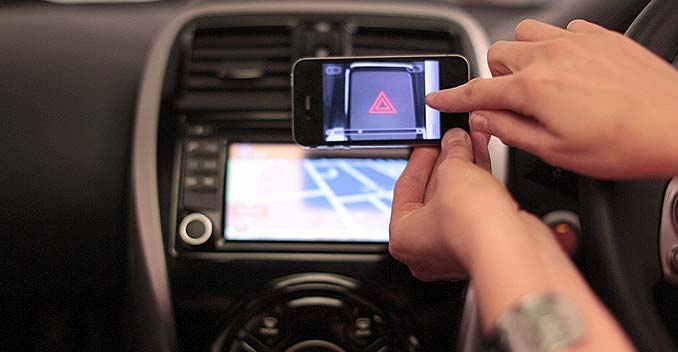
Against the team of hackers, the poor car stood no chance. Meticulously overwhelming its computer networks, the hackers showed that - given time - they would be able to pop the trunk and start the windshield wipers, cut the brakes or lock them up, and even kill the engine. Their motives were not malicious. These hackers worked on behalf of the US military, which along with the auto industry is scrambling to fortify the cyberdefenses of commercially available cars before criminals and even terrorists penetrate them. "You're stepping into a rolling computer now," said Chris Valasek, who helped catapult car hacking into the public eye when he and a partner revealed last year they had been able to control a 2010 Toyota Prius and 2010 Ford Escape by plugging into a port used by mechanics.
These days, when Valasek isn't working his day job for a computer security firm, he's seeing how Bluetooth might offer an entry point.
Automakers are betting heavily that consumers will want not just the maps and music playlists of today but also internet-enabled vehicles that stream movies and the turn dictation into email. The federal government wants to require cars to send each other electronic messages warning of dangers on the road. In these and other connections, hackers see opportunity. There are no publicly known instances of a car being commandeered outside staged tests. In those tests, hackers prevail.
No comments:
Post a Comment